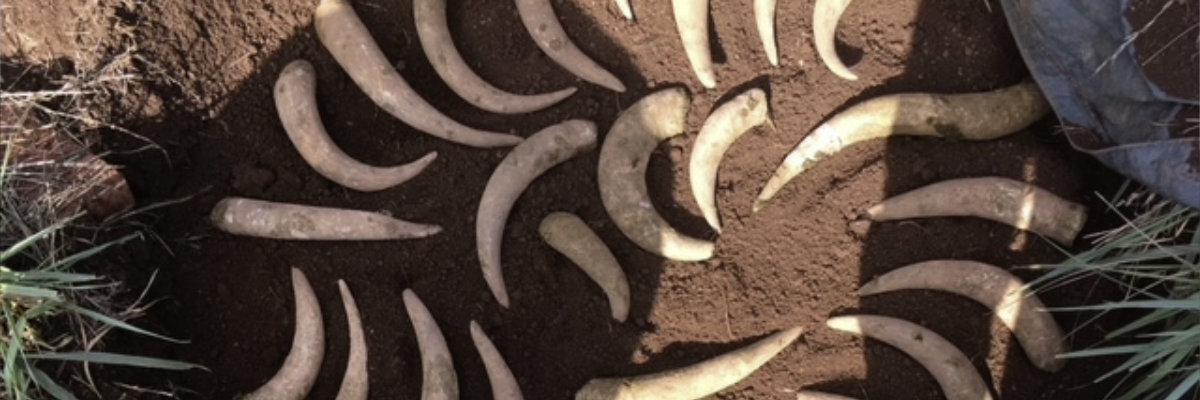
What is Biodynamic Agriculture?
By Wali Via, Winter Green Farm
n 1924 the Austrian philosopher and scientist Rudolf Steiner (of Waldorf School fame) gave a series of lectures outlining the principles that have become known as biodynamics. Although there are methods that are unique to biodynamics, I relate to biodynamics not so much as a methodology, but as a training of the farmer to become more sensitive and responsive to the farm.
Steiner referred to the farm as an “individuality” or “farm organism” (ecosystem had yet to be coined as a term). This means that the farmer views the farm as an interconnected whole, an entity that is beyond the sum of its parts. A healthy ecosystem is resilient and has a self-sustaining nature. So it is with a farm organism. Ideally there is the right mix of animals and plants, so that the animals provide enough fertility through their manure for the soil to support the plants and in turn there is ample food for the animals and humans as well. This is quite different from chemical agriculture and the majority of organic farms where massive fertility inputs from off-farm sources are necessary.
Biodynamics also recognizes that a farm organism does not stand apart from the rest of the universe, but is intrinsically influenced by “cosmic” rhythms. These include the warmth and light of the sun, the phases of the moon and even the procession of the stars and planets across the sky. Research done by scientists since Steiner’s lectures, have confirmed that working in harmony with these rhythms reinforces a healthy environment for plant life. By contrast, today most agriculturists look almost exclusively for microscopic solutions to problems (for instance genetic engineering).
One cannot speak of biodynamics (referred to in short as BD) without speaking of the compost pile. Biodynamic compost is well ripened and no longer resembles its original ingredients. When finished, it is stabilized humus and has the smell and feel of a rich forest soil. Plants growing in composted soils are able to uptake nutrients on an “as needed” basis, which assures a natural and balanced pattern of growth. Plants fertilized with raw manure and unfinished compost responds similarly to plants fertilized with chemical nitrogen. In these situations, nitrogen is essentially “force-fed” to the plants creating a lush growth that is more likely to fall prey to fungus and insect attack. Excess nitrogen also leads to run-off and nutrient pollution of waterways.
When making a compost pile, special BD compost preparations are added in homeopathic dosages. These preparations are designed to help strengthen the connection of the soil to the cosmos when the compost is applied to the fields. In a sense, the compost preparations can be seen as medicine for the earth, helping revitalize the life forces in nature that are waning on our planet. Additional preparations are sprayed on the earth and on the growing plants to further promote balanced growth. All of the preparations are made from natural substances and are non-toxic and life promoting.
If we eat food from a life force-filled farm, that life force is passed on to us. Steiner believed that our ability to think clearly and direct our will with intention is linked directly with the quality and vitality of the food we eat. Growing the highest quality produce to feed the bodies, minds, and souls of our members and customers have always been a priority for us at Winter Green.
The study, training, and practice of biodynamics are an ever-evolving life-long process that heightens one’s awareness of our responsibility of the healing the Earth. To learn more about biodynamics visit oregonbd.org or biodynamics.com .